Allies fight China’s dirty trade tactics
A UK-Australia free-trade deal will boost ‘rules-based trade against those who threaten to undermine it’, says Liz Truss.
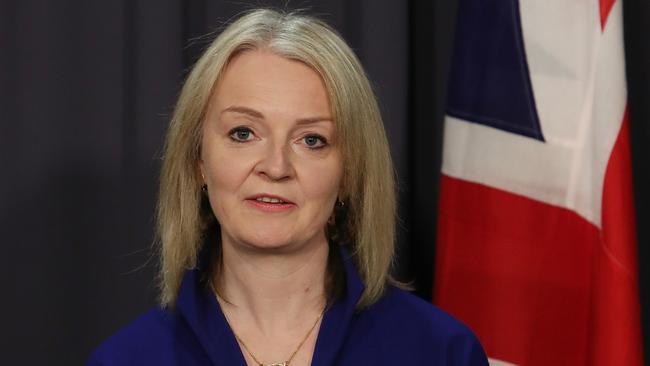
British Trade Secretary Liz Truss says a historic UK-Australia free-trade agreement will ensure both nations “stand up for rules-based trade against those who threaten to undermine it” and call out China’s pernicious behaviour.
Ms Truss, who is leading British Prime Minister Boris Johnson’s negotiations with Trade Minister Dan Tehan, said the deal would right the “historic wrong” when Britain moved away from its oldest allies — including Australia — to join the European Common Market in the 1970s.
Ahead of Scott Morrison’s meeting with Mr Johnson in London next week, where they hope to sign an in-principle agreement on Britain’s first major post-Brexit deal, Ms Truss said the FTA would “bring us together as natural partners”.
“Like-minded democracies who believe in freedom, fairness and high standards in areas like food and animal welfare; together, we can stand up for rules-based trade against those who threaten to undermine it with pernicious practices like unfair subsidies,” she writes in The Australian.
“As a newly independent trading nation once again, the UK is fully embracing like-minded allies such as Australia.
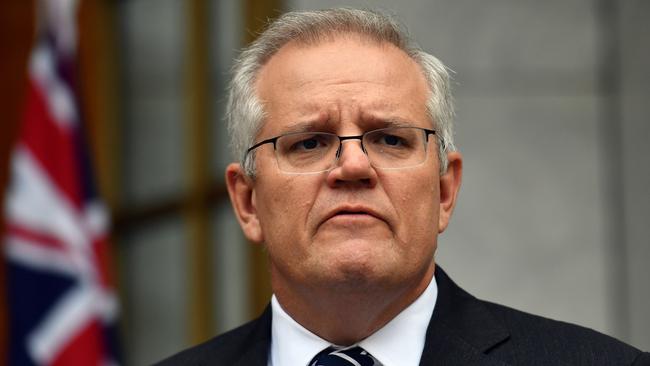
“I have great affection for your nation and admire your principled stand as a great pro-trade champion against pernicious practices from the likes of China.”
Ms Truss and Mr Tehan, who spoke three times in the past seven days and will hold multiple meetings ahead of next week, are progressing the next steps before a deal is finalised by November.
The British government is positioning the trade agreement as a pathway to joining the Comprehensive and Progressive Agreement for Trans-Pacific Partnership, with Mr Johnson set to follow New Zealand in publicly aligning with Australia and others amid China’s growing assertiveness in the region.
In response to Beijing’s restrictions, tariffs and bans on Australian exports including wine, barley and coal, the Morrison government has ramped up support for industries to diversify away from China.
Ms Truss described the trading relationship as “deep and longstanding, with the UK once Australia’s foremost trading partner”.
“We left some of our oldest allies behind when joining the European Common Market in the 1970s, but now is our chance to right this historic wrong,” she said.
“I am proud that Australia was one of the first countries we spoke to about a trade deal.
“After nearly a year of negotiations, I hope we will soon be able to make history by agreeing the first ever trade deal negotiated by the UK and another country from scratch since we left the EU.”
Ahead of a seven-day trip to Singapore, France and Britain, where he will attend the G7-plus leaders’ summit, the Prime Minister will deliver a major international relations speech in Perth on Wednesday.
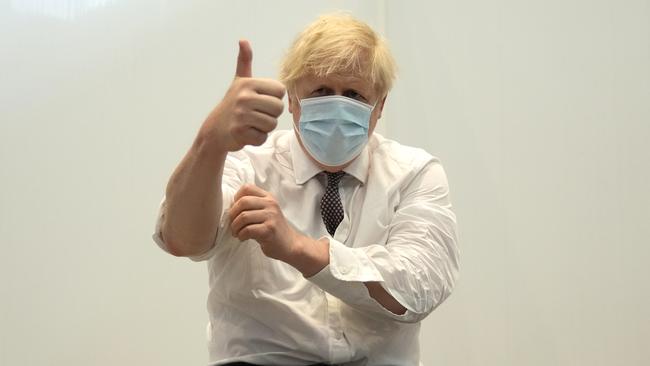
It will lay out a platform for Australia’s engagement in the G7-plus and working closely with like-minded countries globally, in particular ASEAN regional partners.
Mr Morrison will reinforce the importance of rule of law, trade and regional and international co-operation, ranging from global supply chains and development of critical technologies to security partnerships, the Covid-19 response, natural disasters and climate change.
The three-day G7 summit in Cornwall will focus on climate change, the response of developed economies to the Covid-19 pandemic, geostrategic competition fuelled by China and Russia, regional and cyber security and global supply chains.
In a statement on Sunday, Mr Johnson said the Cornwall summit would be a meeting “of the world’s greatest democracies”.
“The world is looking to us to rise to the greatest challenge of the post-war era: defeating Covid and leading a global recovery driven by our shared values,” Mr Johnson said.
Mr Tehan, who held a 90-minute meeting with Ms Truss on Friday night, said the race was on to get the trade agreement in principle ready for next week, which would be followed by legal text of up to 1200 pages due by early November, “and then pending parliamentary approval, an agreement coming into force on 1 July next year”.
“Extraordinary progress has been made since I went to London (in April),” he said.
“With seven days to go, there still remains a real race to get it done by the time the two PMs meet … One of the things about free
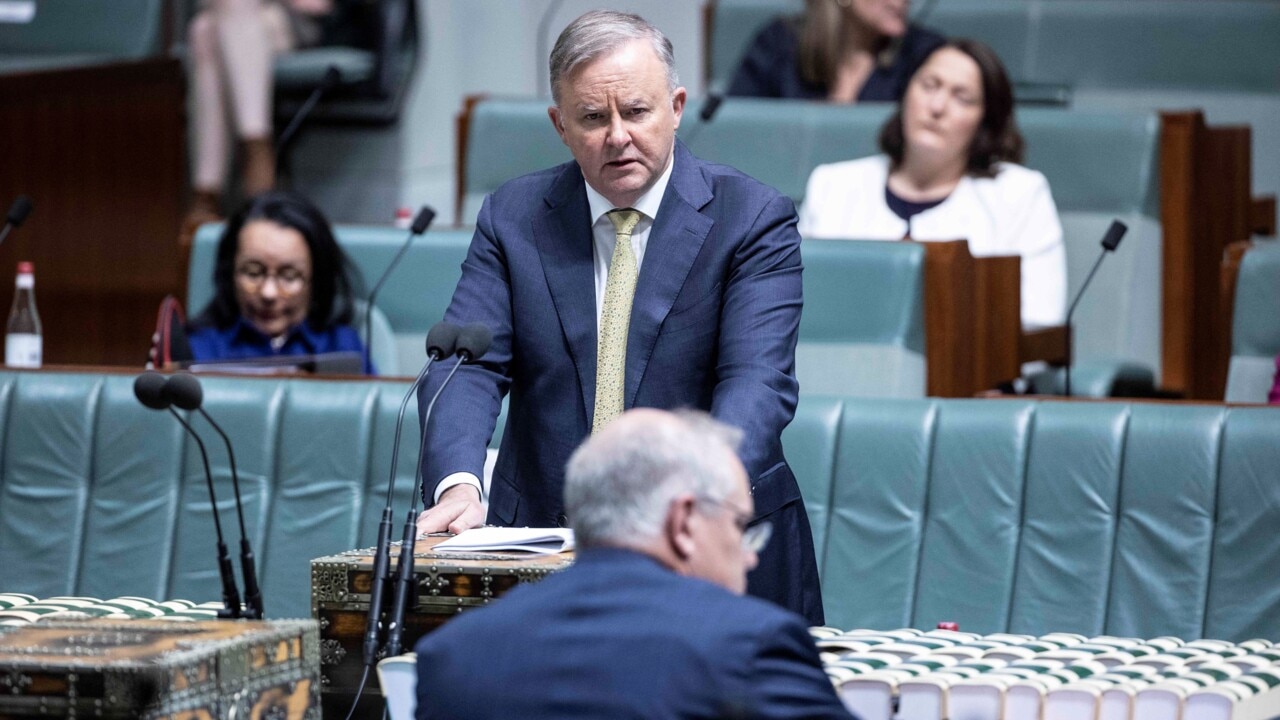
trade is you can never underestimate the forces of protectionism.”
With negotiators focused on ironing out issues over agriculture following a backlash by British farmers, Mr Tehan said the agreement was an “incredibly important deal for the UK as they strike out post-Brexit”.
“They want to turn their attention to the Indo-Pacific which is where the economic weight of the world is. Having a first-class agreement with Australia is vital for that aim,” he said. “And that’s why we’re working so closely to make sure this is the most ambitious agreement that Australia and the UK have done outside those that the UK has with the EU and we have with New Zealand.”
Ms Truss said the trade agreement would serve as a “gateway towards joining Australia in one of the world’s most dynamic trading areas … the CPTPP will unite us with 10 other economies under this high-standards pact.
“Together, we will strengthen this considerable bulwark against unfair trade practices.”
With the UK-Australia trade relationship worth almost $35bn and British investment worth more than $67bn, Ms Truss said the FTA would take those levels to “new heights”.
She said the trade deal would also focus on supporting emerging industries and be “among the most advanced in the world for digital trade”.


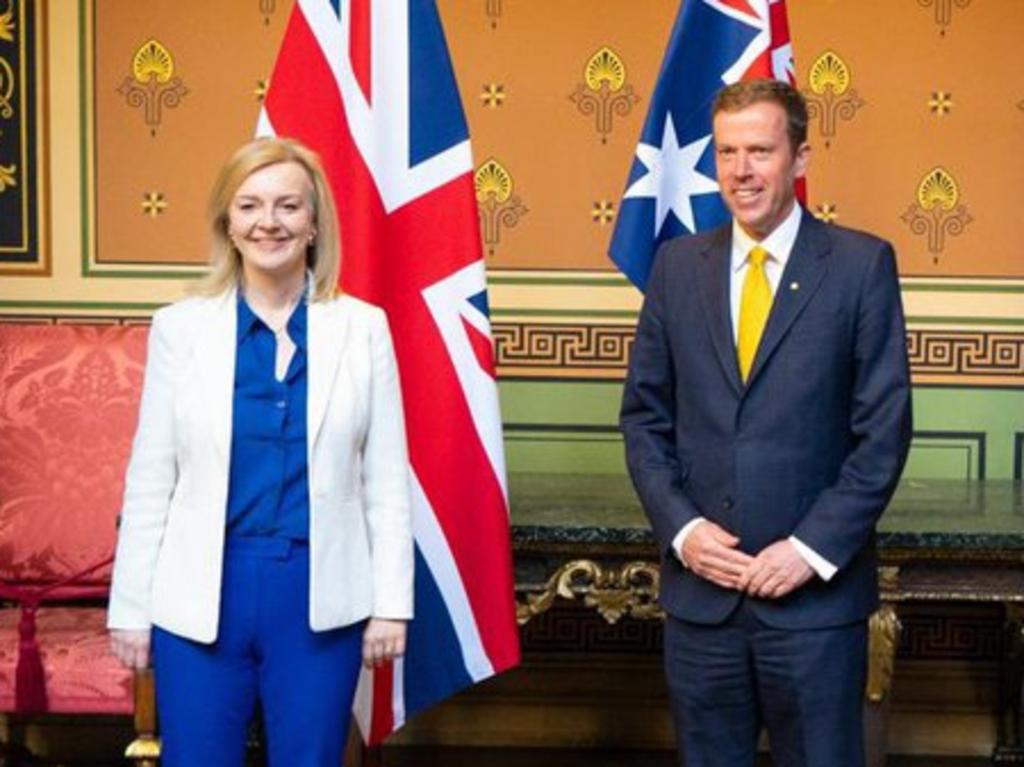


To join the conversation, please log in. Don't have an account? Register
Join the conversation, you are commenting as Logout